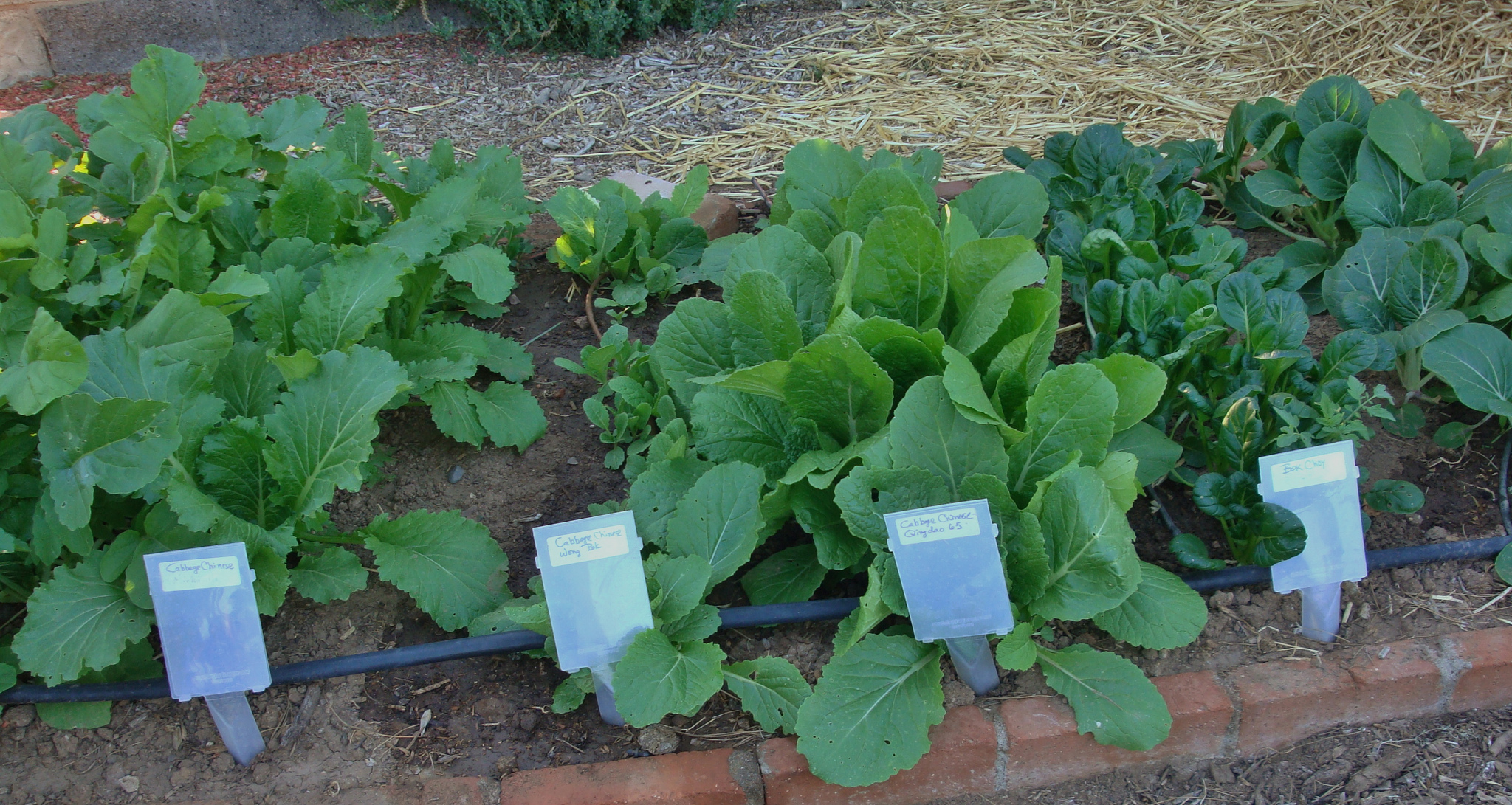As our growing season starts to come to an end, we need to start thinking about putting our garden to bed. Our gardening expert talks about how to reduce weed seed, what cool crops can still be harvested and answers your gardening questions.
Featured in this Show
-
Horticulturist: There's Still Plenty Of Time For Gardening This Season
As the daylight hours shorten and the night time temperatures drop, most gardeners think about putting their gardens to bed for the year. But according to University of Wisconsin-Extension Horticulturist Christy Marsden, there is still plenty to do to keep your hands in the dirt.
Plant vegetables. Marsden suggests planting quick growing, leafy vegetables like lettuce and baby kale. They will be ready to harvest in a few weeks and will keep growing until a hard frost hits, she said. Also, garlic planted in fall will have a head start next spring.
Plant bulbs. Spring blooming bulbs can be planted now and until the ground freezes, but the earlier they are in, the better the root development will be, Marsden said.
Harvest tomatoes. The tomato plants may be in decline but you can still get ripe fruit from them. And if there is fear of frost, any fruit with a slight red blush can be ripened inside.
Clean up. It’s a great time to clean out diseased plants. This year, because of all the rain, there has been lots of disease, especially blight or powdery mildew, Marsden said.
“If (diseased plants) decompose in the garden, you’re just inviting the disease back for next year,” she said.
Weed. It’s a great time to get rid of perennial or woody weeds. This is especially true if gardeners are using herbicides. Since all of the weeds energy is being put back into the root, and herbicides work through the root system, gardeners will have a better chance of killing them in the fall, Marsden said.
Transplant. People can still move their plants but try to do it in the next two weeks, Marsden said. Get as many of the roots as possible so the plant won’t go into shock. If the plant is large, prune it back — but not more than one-third of its height.
Episode Credits
- Larry Meiller Host
- Jill Nadeau Producer
- Christy Marsden Guest
Wisconsin Public Radio, © Copyright 2025, Board of Regents of the University of Wisconsin System and Wisconsin Educational Communications Board.

